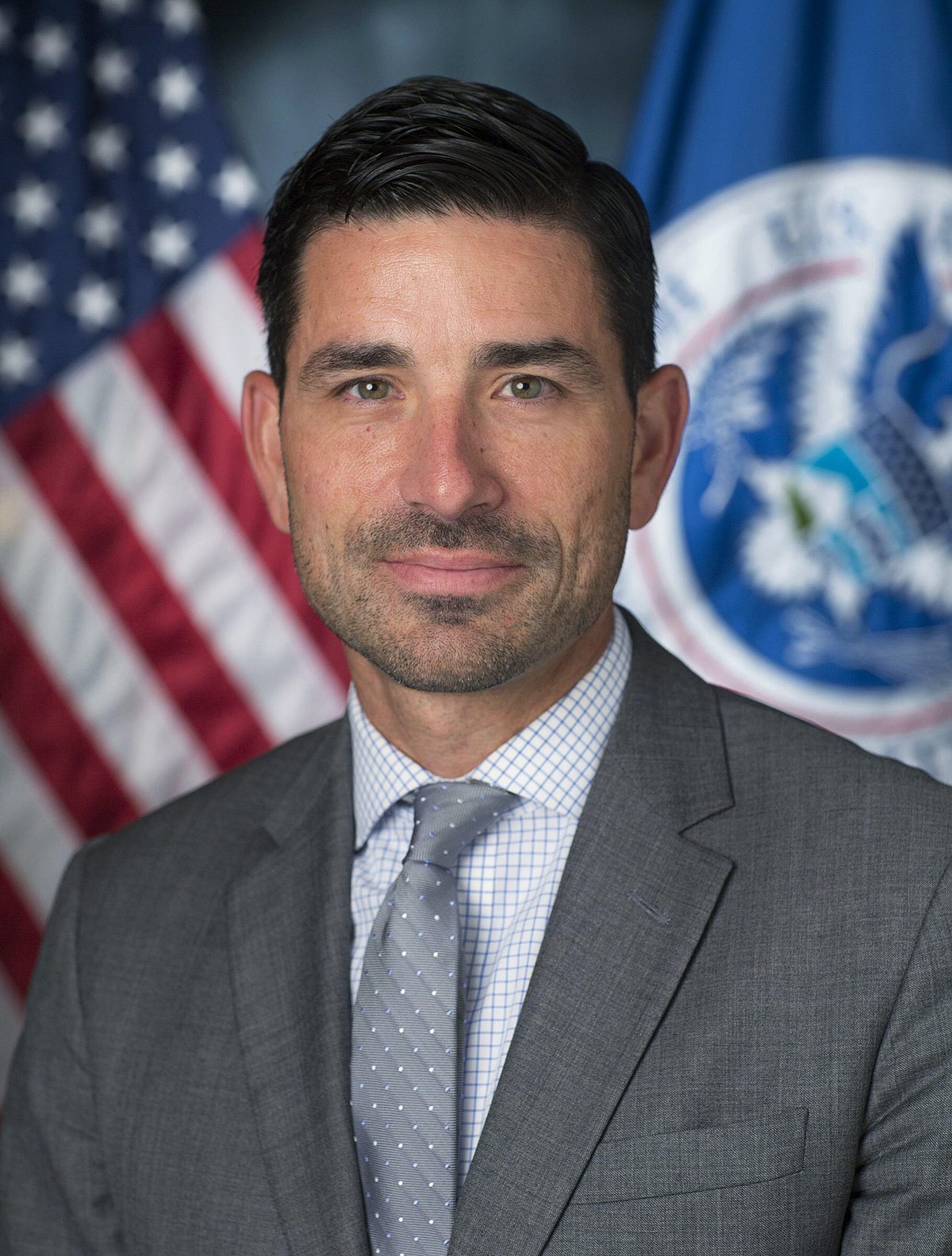
Daniel Ray Coats is an American politician and former diplomat. From 2017 to 2019, he served as the Director of National Intelligence in the Trump administration. A member of the Republican Party, he served as a United States Senator from Indiana from 1989 to 1999 and again from 2011 to 2017.
He argues that the U.S. government’s China policy often serves only its own short-term political interests, while China pursues its foreign policy goals based on a “calculated long-term strategy”. Coates includes many of his own observations in his analysis. He claims that China’s long-term strategy includes an “ambitious foreign policy” that seeks to shift the center of the world economy to Eurasia through the “One Belt, One Road”. China’s strategy also includes besieging the West in science and technology, and achieving overall dominance in areas such as data collection and operating systems.
Coates said that these science and technology covers the artificial intelligence, robotics, aerospace and quantum computing, and China has always wanted to apply these technologies to the military level. China realizes earlier and more clearly than any other country that science and technology will be the decisive factor in this historic battle,” he said.
Coates also discusses how the United States should deal with China, but it seems a bit impotent.
He says things like closing the Consulate General, sanctioning a few officials, adjusting tariffs or sanctioning individual companies will only provoke countermeasures that won’t help in dealing with complex issues.
”In the face of these challenges from China, it is up to the United States to lead other countries and together respond with a united and long-term vision. Above all, U.S. and allied policy must expand the diplomatic and political space for creative and productive approaches to the problem.” In short, Coates’ point was to “bring on allies.”
In addition, Coates also declared that the United States should reconstruct the framework of multilateralism to “restrain” China. Not like the Trump administration today, like to pursue unilateralist policies, in the international community, constantly “withdrawal”, triggering the resentment of countries.
He suggested that the United States should rebuild “cohesive” alliances and multilateral institutions, which must respond coherently and forcefully to China’s long-term strategic vision.
”We all know that only the United States can create these ‘tools’ in the past, when our allies and other ‘like-minded’ countries are beginning to realize that China is a common threat in the future, they will increasingly accept ‘enlightened leadership’ from the United States.







